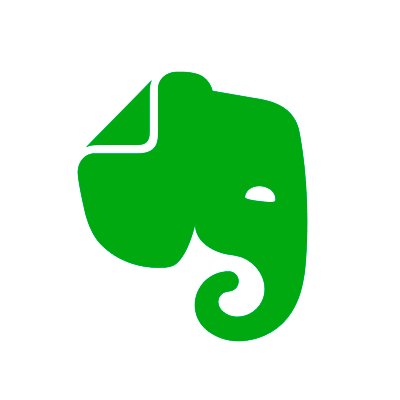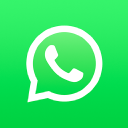How I Started A $5.5K/Month Business Helping People Write Books
Hello! Who are you and what business did you start?
I’m Matt Rudnitsky, and I’ve been helping people write books for over five years. My company is called Platypus Publishing, and we have two flagship products.
For established entrepreneurs or executives with a budget of $20k+, we’ll create a done-for-you book, in your voice. You talk for around 15 hours, and we do everything else. It’s a systematized ghostwriting process, complete with interior and cover design, publishing, and a marketing plan.
For those who can’t or prefer not to spend $20k+, you can take my online course, Permission Publishing. It’s a step-by-step guide on going from no idea (or vague idea) to a published, successful book. Including idea validation, budget design tips, and step-by-step publishing and marketing guides.
It’s a way to self-publish professionally without failing like 99% of self-published authors (who don’t validate their ideas before wasting time and money writing). If you’re insecure about the quality of your...

Download the report and join our email newsletter packed with business ideas and money-making opportunities, backed by real-life case studies.

Download the report and join our email newsletter packed with business ideas and money-making opportunities, backed by real-life case studies.

Download the report and join our email newsletter packed with business ideas and money-making opportunities, backed by real-life case studies.

Download the report and join our email newsletter packed with business ideas and money-making opportunities, backed by real-life case studies.

Download the report and join our email newsletter packed with business ideas and money-making opportunities, backed by real-life case studies.

Download the report and join our email newsletter packed with business ideas and money-making opportunities, backed by real-life case studies.

Download the report and join our email newsletter packed with business ideas and money-making opportunities, backed by real-life case studies.

Download the report and join our email newsletter packed with business ideas and money-making opportunities, backed by real-life case studies.





























